World News
‘Corriente y Comida’ Protests Erupt in Cuba Amid Shortages of Food and Electricity
Protesters took to the streets of Cuba on Sunday in a rare outburst of social unrest as a fresh wave of blackouts exacerbated tensions on the cash-strapped island.
Social media posts showed crowds of people in Santiago de Cuba, the second-largest city on the eastern part of the island, chanting “corriente y comida”—power and and food—as police looked on.
Most protests are illegal in the communist-run Caribbean nation. But public displays of anger have become more frequent as electricity shortages, iNFLation and hunger grip the population.
In July 2021, thousands took to the streets to protest hunger and Covid-19 restrictions in what became the largest anti-government protests since the 1959 Cuban revolution. Those demonstrations led to a broad crackdown in which human rights groups said more than 1,400 people were detained.
Earlier Sunday, Energy Minister Vicente de la O Levy said fuel delivery delays and maintenance at a thermoelectric plant had caused blackouts that hit the capital of Havana and other areas over the weekend.
State-run news outlets acknowledged that people took to the streets in Santiago as a result of fuel shortages and the economic crisis. Other unverified reports on social media suggested protests occurred in other eastern cities, including Holguin and Bayamo.
Miguel Diaz-Canel, who succeeded Raul Castro as Cuba’s president in 2018 and head of its communist party in 2021, warned that “enemies of the revolution” were attempting to take advantage of the situation. Posting on X, Diaz-Canel said “U.S.-based terrorists” were encouraging actions against internal order.
Deputy Foreign Minister Carlos Fernandez de Cossio was more direct, suggesting the U.S. was seizing on the discontent to try to topple the government. “There is a new desperate attempt from the U.S. to destabilize Cuba,” he said on X.
Mired in one of its worst economic slumps since the fall of the Soviet Union, Cuba recently increased gasoline and diesel prices by more than 400% and took other measures in hopes of stabilizing its economy.
The move came after Alejandro Gil Fernandez was fired as economy minister in February, with the government since saying he’s being investigated for unspecified crimes. Cuba also recently asked the U.N.’s World Food Program to deliver milk to children under 7 years of age—an unprecedented request by the island’s communist regime.
-
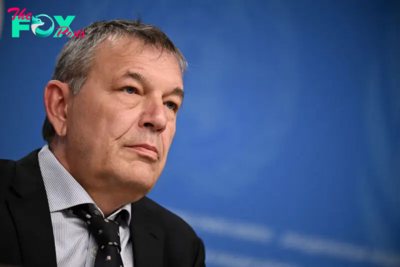
 World News6h ago
World News6h agoUNWRA Chief Philippe Lazzarini on the U.N. Agency’s Future in Gaza
-
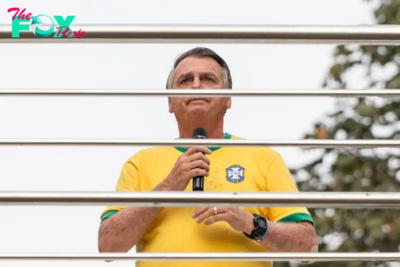
 World News16h ago
World News16h agoBrazilian Police Indict Former President Bolsonaro for Alleged Attempted Coup
-
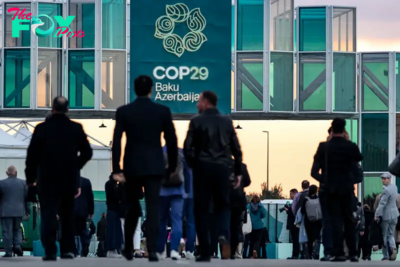
 World News1d ago
World News1d agoThe Future of Climate Action Is Trade Policy
-

 World News1d ago
World News1d agoWorld’s Best Brands – Brazil
-

 World News2d ago
World News2d agoWorld’s Best Brands – India
-
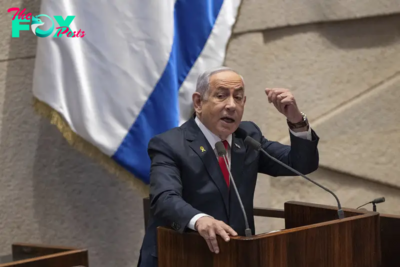
 World News2d ago
World News2d agoInternational Criminal Court Issues Arrest Warrants for Netanyahu and Hamas Commander
-

 World News2d ago
World News2d agoLandmark Bill to Ban Children From Social Media Introduced in Australia’s Parliament
-
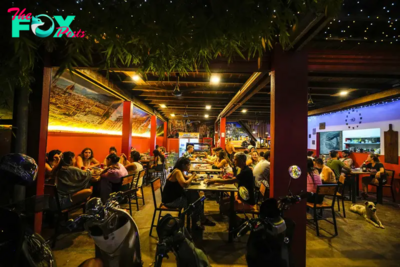
 World News2d ago
World News2d agoAmerican and Australian Tourists Die in Laos After Drinking Tainted Alcohol

















